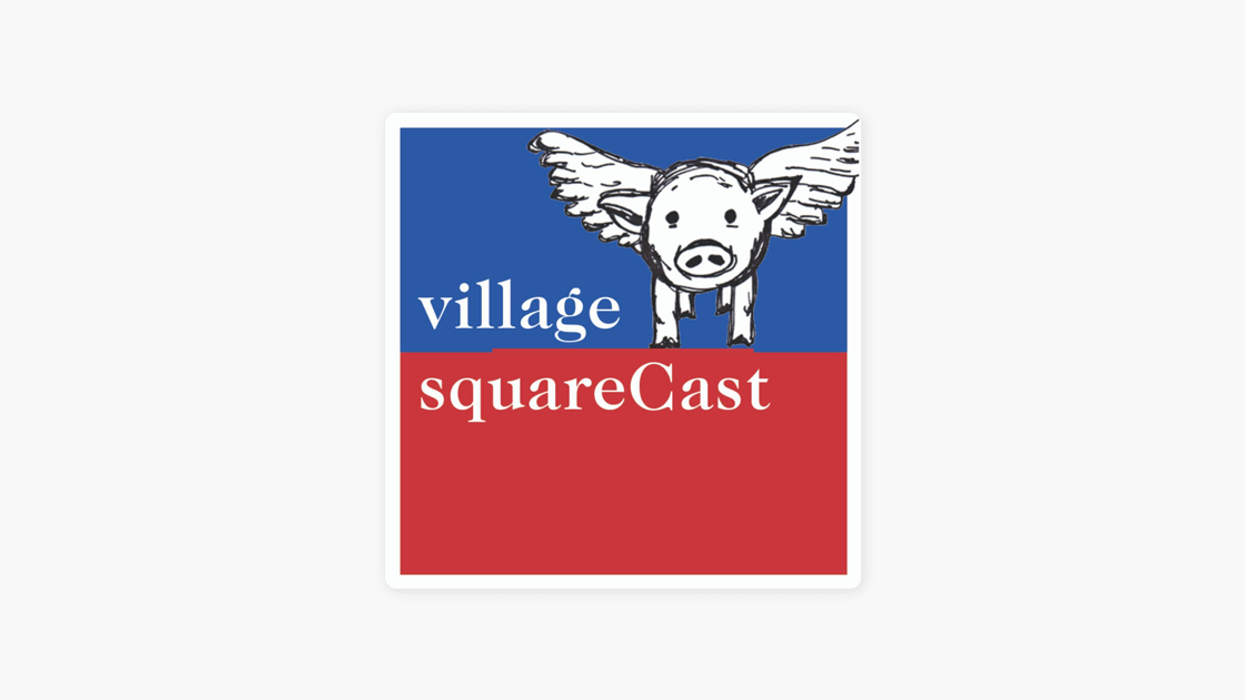Meet "The Skeptics," a DIY lay version of God Squad — they're a group of politically and spiritually diverse group of people who've been meeting once a week for years (in some private location that for some reason they're not letting on to). Lucky us — we'll meet four of the Skeptics (a Catholic, a Protestant, a Mormon, and an atheist) who have forged deep friendships by gathering regularly to discuss spiritual topics in a respectful manner where disagreement is both welcomed and appreciated. They'll let us in on an hour of their private conversation and even lend a little support to new Skeptic groups that might be inspired to launch. Facilitated by Village Square Founder Liz Joyner and featuring The Village Square's Bill Mattox — both a veteran of more God Squad programs than he'd imagine and a member of "The Skeptics." Also a Skeptic, former NACo President Bryan Desloge.
Podcast: The skeptics have their say







 God Squad: The Skeptics Have Their Say
God Squad: The Skeptics Have Their Say












